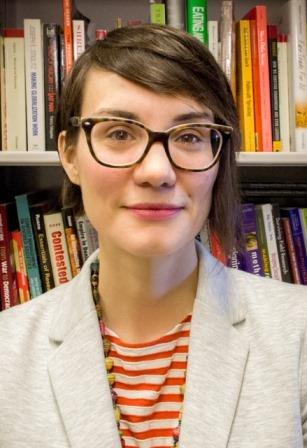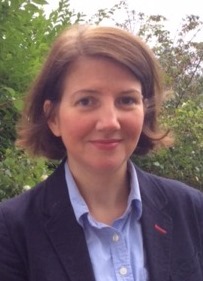
By
Allison McCulloch and Joanne McEvoy
November 2016
Print Version
What you need to know
As the world witnesses an increasing number of armed conflicts, international actors continue to grapple with the question of how to end war and build peace in deeply divided, war-torn territories. We seek to understand why international organizations recommend power-sharing—a form of governance which provides groups guaranteed inclusion in government—when the maintenance of such arrangements may prolong their engagement. The project's focus on international conflict mediation and the promotion of power-sharing arrangements is particularly timely given the search for lasting, peaceful solutions in divided societies such as Syria, Iraq, and Cyprus.
Why this research is important
In conflict zones around the world, from Bosnia-Herzegovina and Kosovo to Cyprus, Iraq and Syria, international third-party conflict mediators increasingly recommend power-sharing pacts whereby ethnic representatives agree to end the violence and govern the country together. Despite its burgeoning popularity, power-sharing can be an unstable approach to statebuilding and conflict transformation. While it has proven effective in the short to medium term, over time it is prone to destabilizing political crises arising from the legacy of the conflict, crises that often entail the prolonged engagement of external actors in order to restabilize the agreement. External actors are motivated to find resolutions to conflict that provide them with quick exit strategies and the ability to disengage from protracted conflicts; it is thus curious that they continue to recommend arrangements that prolong their involvement. By articulating critical knowledge on the external governance of self-determination disputes, the project has the potential to inform constitutional design in peace processes for conflict zones around the world.
How the research will be conducted
To explore the role of external actors in promoting and upholding power-sharing, the project adopts a multi-methods approach. Our focus will be to develop case studies of three conflict mediating organizations: the United Nations Department of Political Affairs and its Standby Mediation Team, the European Union’s Mediation Support Unit, and the London-based non-governmental organization (NGO), Inter-Mediate. We will travel to New York City, Brussels and London to conduct around 20 semi-structured interviews with conflict mediators and other representatives of these organizations. We will also conduct content analysis of official mediation documents, the published memoirs of conflict negotiators, and peace agreements in order to understand trends, themes and patterns in the external governance of power-sharing arrangement.
How this research can be used
The findings from this project will contribute to the ongoing lively debates on power-sharing, conflict mediation, and external governance arrangements. Third-party mediators will benefit from our focus on the normative and instrumental rationale for adopting power-sharing arrangements. Our findings can also be used by policymakers, community organizations and political parties in conflict and post-conflict zones dedicated to peace and to ethnic and national accommodation, as well as by the general public. As citizens become more knowledgeable about power-sharing practices and the role of external actors in their governance, they can use this information to encourage their political elites to negotiate political settlements that ensure locally-driven peacebuilding and power-sharing practices. We will present our findings at national and international conferences and plan to publish three peer-reviewed journal articles and a policy brief.
About the Researchers
Keywords
- conflict mediation
- international intervention
- power-sharing
- self-determination disputes
- statebuilding
Editor: Christiane Ramsey
Read more BU Research
Research at Brandon University follows comprehensive policies designed to safeguard ethics, to ensure academic integrity, to protect human and animal welfare and to prevent conflicts of interest.


